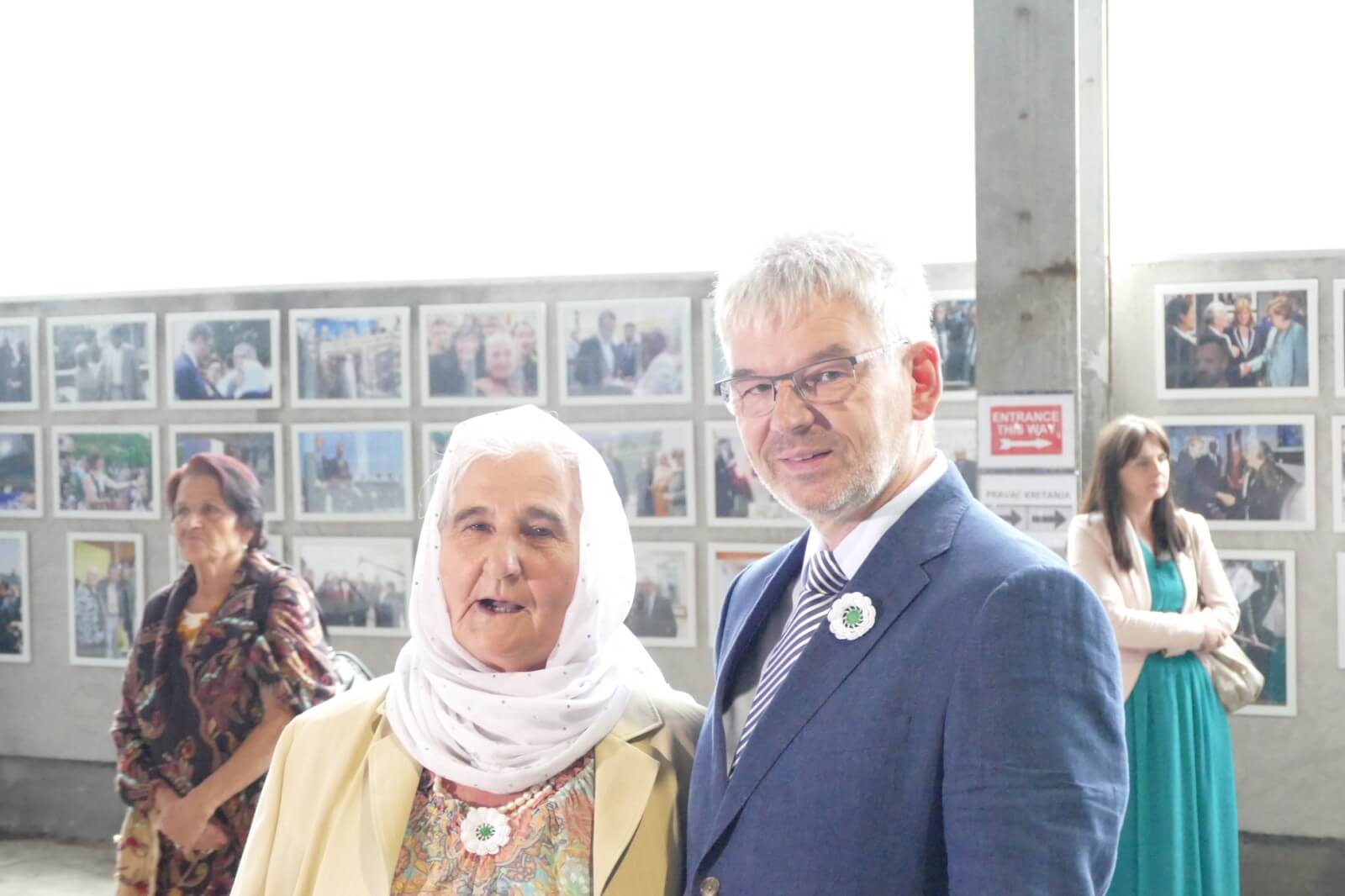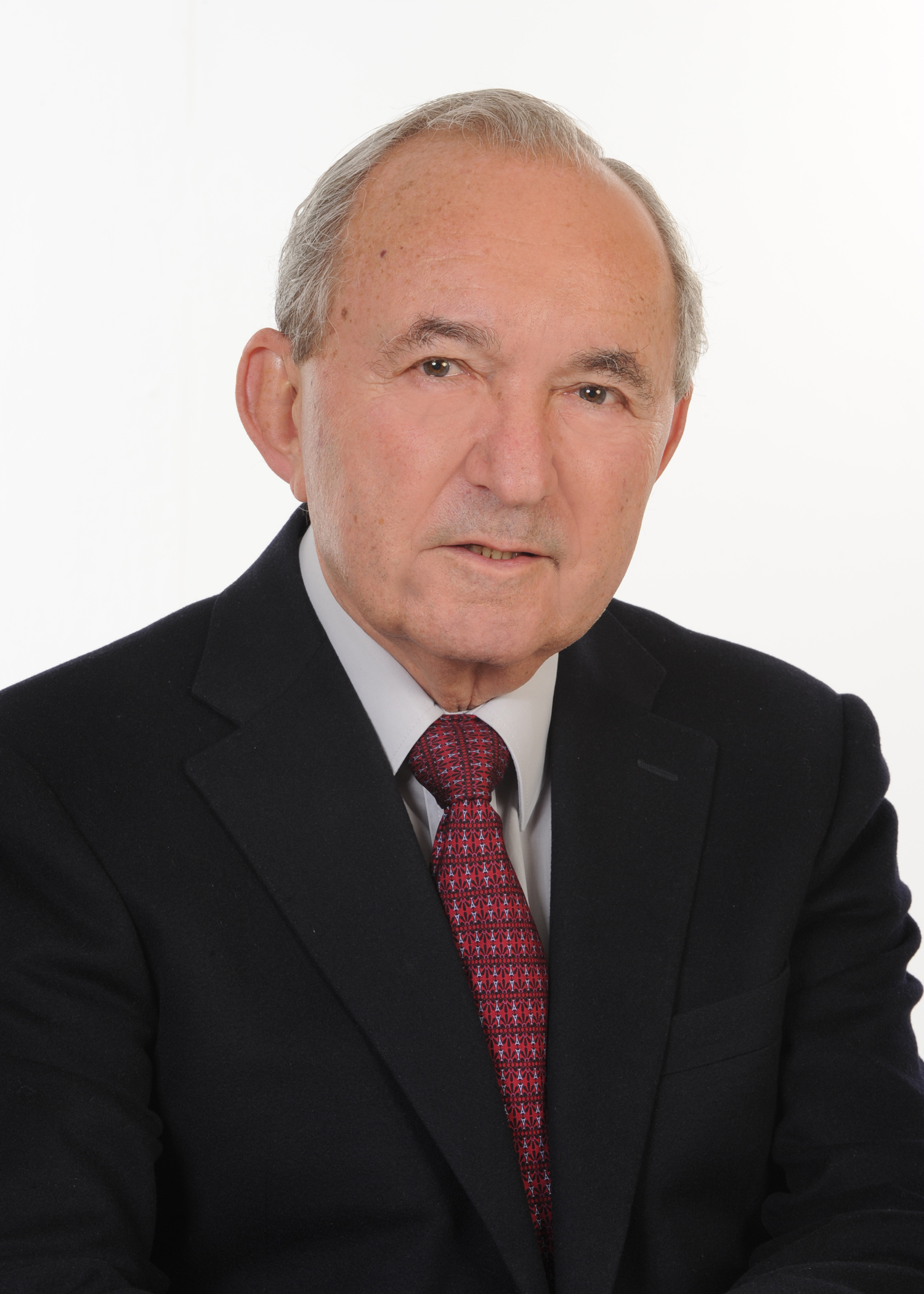Klaus Zorn has been a police officer for over 40 years, and has fought against impunity as a war crimes investigator for more than 25.
It is largely thanks to the work of his team that German courts could deliver their first historic judgments on genocide and other crimes committed in Bosnia and Herzegovina in 1992.
In line with the principle of universal jurisdiction at the international level, invoked by the German criminal code (Strafgesetzbuch, StGB) and based on competences stipulated in the Law on Courts (Gerichtsverfassungsgesetz, GVG), the German justice system has jurisdiction to prevent impunity through the investigation and prosecution of genocide, crimes against humanity and war crimes committed outside Germany, as long as the perpetrators are found within its borders.
„According to German law these crimes do not have a statutory limitation. Not a single genocide perpetrator hiding in Germany should feel safe from investigation, arrest and conviction in the future.“
„From the very beginning, the Federal Criminal Police Office (Bundeskriminalamt – BKA) and the Prosecutor General started to search for alleged perpetrators who had come to Germany—mingled amongst the poor refugees—and tried to hide here.“
„Since June 1993, the State Security Department at the Bundeskriminalamt has been dealing with preliminary proceedings against both named and unknown persons with respect to genocide, or their complicity in it, during the conflicts in the former Yugoslavia between 1991 and 1995. Acting in accordance with his obligation pursuant to the principle of worldwide uniform law referred to the German Criminal Code (Strafgesetzbuch – StGB) and on the basis of his competence stipulated in the Judicature Act (Gerichtsverfassungsgesetz – GVG) the Chief Federal Prosecutor at the Federal Supreme Court/Prosecutor General (GBA) instructed the Bundeskriminalamt, in accordance with the legal provisions of the Act on the Federal Office of Criminal Investigation (Bundeskriminalamtgesetz – BKAG), to carry out police activities within the field of criminal prosecution.“
„The handing over of the Plaque of Gratitude by the Mothers of the Srebrenica and Žepa Enclaves and the Association of Victims and Witnesses of Genocide has humbled me and made me very proud. I accepted this plaque as a representative of all my colleagues in the Bundeskriminalamt, who worked alongside me during the 1990s, for nearly a decade, to bring the perpetrators responsible for the genocide on the territory of the former Yugoslavia to trial.“
„Dear Mothers of Srebrenica and Žepa Enclaves, investigating war crimes and genocide and bringing perpetrators to trial is an important duty but it is only one part. The work you have done during the last two decades – to remind the world not to forget what happened in July 1995 in the Srebrenica and Žepa Enclaves: to search for the alleged perpetrators of these crimes, to pass any evidence you had to the judges and to organize the yearly Remembrance Days here in Potočari/Srebrenica is enormous, and at the same time so very important.“
(Klaus Zorn’s remarks at the Commemoration of the Victims of Genocide on 11 July 2018 in Potočari)
„As a police officer of the German Federal Criminal Police Office who has worked in the field of war crimes and genocide investigations for more than 25 years, I can say that my colleagues and I, along with the prosecutors, have over the years gained insights into a new area of criminal activity while conducting war crimes investigations.“
Read InterviewSources
- Hafizović-Hadžimešić, A. (2021). On the Side of Humanity [Na strani čovječnosti]. Sarajevo: Udruženje Pokret majki enklava Srebrenica i Žepa.
- Islamic Informative Newspaper "Preporod"







